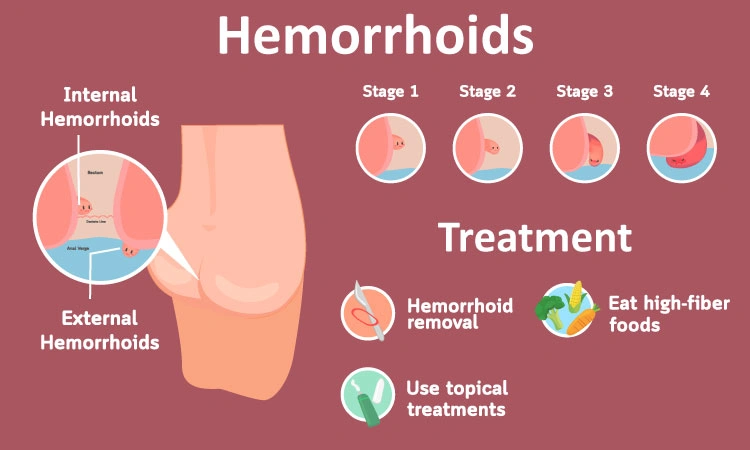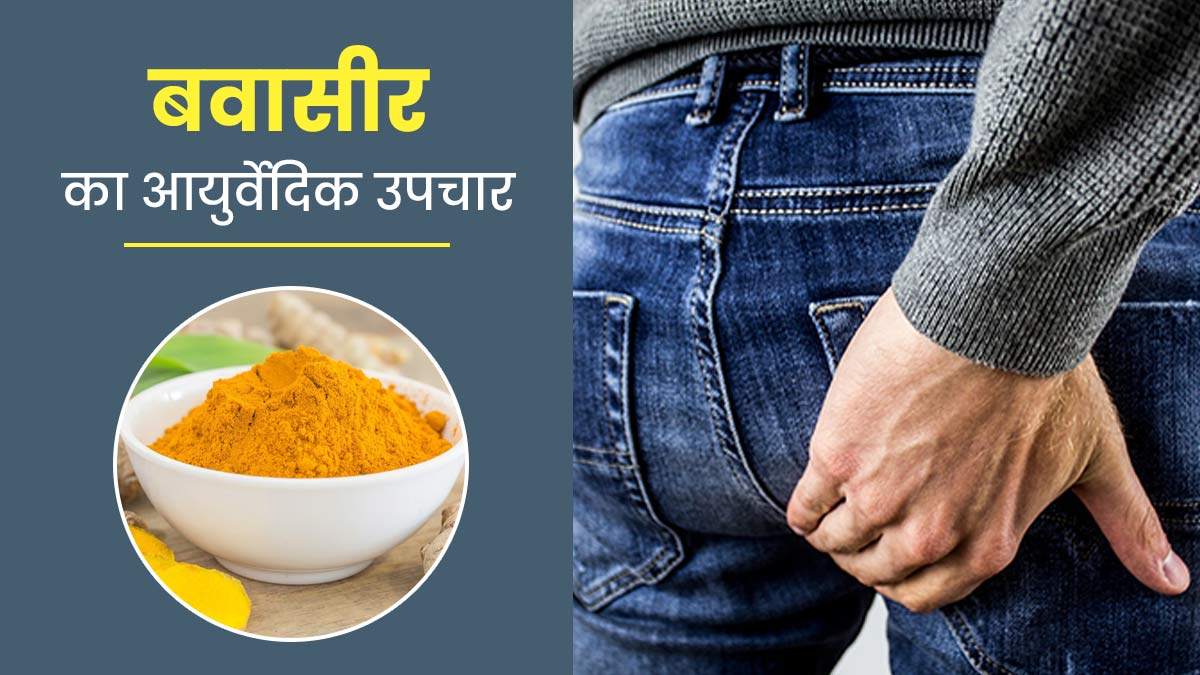Piles: Causes, Symptoms, Precautions, and Ayurvedic Treatment
Introduction
Piles (बवासीर), medically known as haemorrhoids, are a common condition where the veins in the rectum and anus become swollen and inflamed. This problem is often linked to lifestyle, dietary habits, and bowel movement patterns. Piles can affect both men and women and, if left untreated, can cause severe discomfort. In this blog, we will explore the causes, symptoms, and Ayurvedic treatments for piles in detail.
Types of Piles
Piles are generally classified into two types:
- Internal Piles बवासीर: These are located inside the rectum and usually painless. Occasionally, they may cause bleeding.
- External Piles बवासीर: These develop outside the anus and can be painful, itchy, and uncomfortable. They may also bleed.
Causes of Piles
Several factors can lead to the development of piles, including:
- Chronic Constipation: Straining during bowel movements due to constipation is a leading cause of Piles बवासीर.
- Prolonged Sitting: Sitting for extended periods, especially on the toilet, increases pressure on the rectal veins, leading to Piles बवासीर.
- Poor Diet: A diet lacking in fibre, including processed, fried, and spicy foods, can trigger constipation and eventually Piles बवासीर.
- Obesity: Excess body weight puts additional pressure on the veins around the anus, contributing to Piles बवासीर.
- Pregnancy: Hormonal changes and increased pressure on the abdominal region during pregnancy can result in Piles बवासीर.
- Genetics: Family history of piles increases the likelihood of developing the condition.https://youtu.be/5VPnsFNb3PA?si=g1DI3u8s2Hon0CbI
Symptoms of Piles
The symptoms of piles can vary from person to person but commonly include:
- Pain and discomfort around the anus
- Bleeding during or after bowel movements
- Swelling or a lump near the anus
- Itching and irritation in the anal area
- A feeling of incomplete evacuation after passing stool
Precautions for Piles
If you have Piles बवासीर or are prone to them, the following precautions can help manage and prevent worsening of the condition:
- Eat a High-Fibre Diet: Include green vegetables, fruits, and whole grains in your diet. This helps to soften the stool and prevent constipation, reducing strain during bowel movements.
- Stay Hydrated: Drinking plenty of water helps in keeping stools soft, making it easier to pass without straining.
- Avoid Prolonged Sitting: Sitting for long periods, especially on hard surfaces or in the toilet, can aggravate piles. Take breaks and avoid sitting for extended durations.
- Regular Bowel Habits: Go to the toilet when you feel the urge to avoid constipation. Ignoring the need for bowel movements can lead to harder stools and more strain.
- Exercise Regularly: Light exercises like walking, yoga, and stretching can improve digestion and reduce pressure on the rectal area.
- Maintain Healthy Weight: Reducing weight helps relieve pressure on the anal region, decreasing the risk of piles.
- Avoid Straining: Straining during bowel movements can worsen piles. Try not to rush the process and be patient while using the toilet.
Ayurvedic Treatment for Piles
Ayurveda, an ancient Indian system of medicine, provides natural and effective solutions for treating piles. Ayurvedic treatments aim to balance the body and eliminate the root cause of the condition.
- Triphala Powder: Triphala is a well-known Ayurvedic remedy for constipation. Taking a spoonful of Triphala powder with warm water before bedtime helps regulate bowel movements and ease Piles बवासीर symptoms.
- Castor Oil: Castor oil is known for its laxative properties. Consuming a teaspoon of castor oil with warm milk or water can help relieve constipation and reduce piles symptoms.
- Coconut Oil: Applying coconut oil topically on the affected area can soothe itching, reduce inflammation, and promote healing of external Piles बवासीर.
- Aloe Vera: Aloe Vera gel is effective in reducing swelling and irritation caused by Piles बवासीर. Applying fresh Aloe Vera gel to the anal area provides immediate relief.
- Cumin and Fennel: Consuming a mixture of cumin and fennel seeds after meals aids digestion and helps in preventing constipation, a key factor in the development of piles.
- Haritaki (Chebulic Myrobalan): Haritaki is one of the best Ayurvedic herbs for digestive health. Taking Haritaki powder with warm water can help relieve constipation and support the natural healing of piles.
- Yoga Poses: Certain yoga poses, such as Pavanamuktasana (Wind-Relieving Pose) and Malasana (Garland Pose), are beneficial for digestive health. These poses improve blood circulation to the anal region, easing piles symptoms.
Conclusion
Piles बवासीर can be a painful and distressing condition, but with the right lifestyle modifications, dietary changes, and Ayurvedic treatments, it can be managed effectively. Ayurveda not only provides treatment for the symptoms but also addresses the underlying causes of Piles बवासीर. However, if the condition persists or worsens, it is advisable to seek consultation with an Ayurvedic practitioner.
Piles बवासीर should not be ignored, and taking early precautions can prevent it from becoming a chronic issue. With natural and holistic Ayurvedic remedies, you can manage piles safely and prevent their recurrence.

